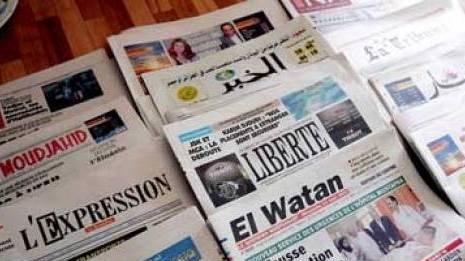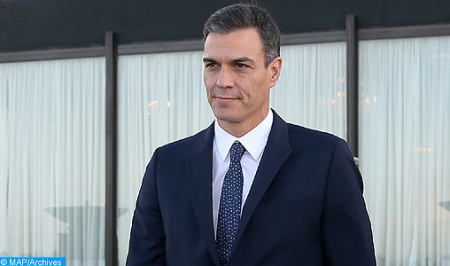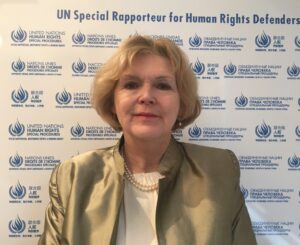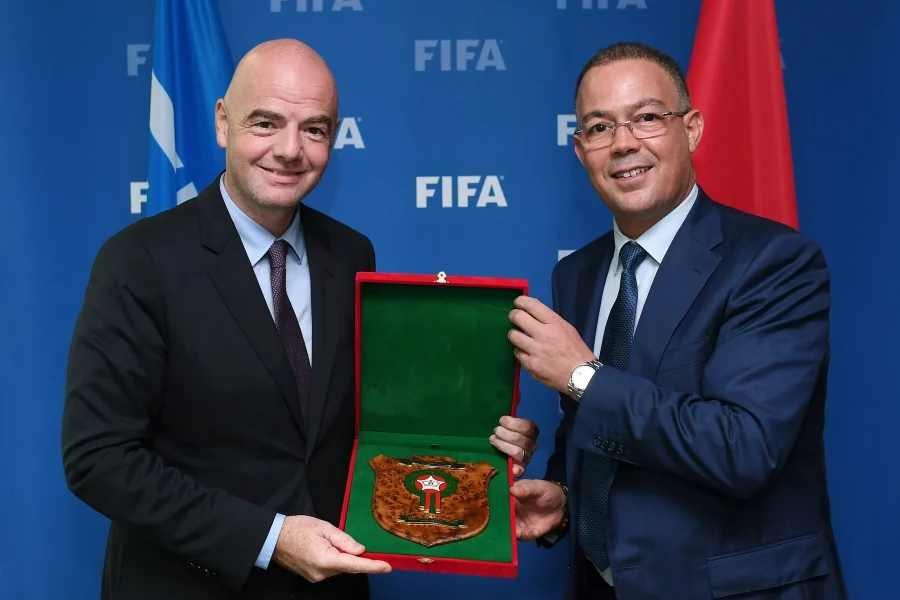A pathological fixation on Morocco has been ongoing in Algerian media at the instigation of a military-run regime that made attacking Rabat its daily tactic in a failed attempt to distract a disenchanted people from its own looming financial and economic collapse.
Last but not least, Algerian state-sponsored media, including once-independent TSA, revealed their superficiality and financial illiteracy when they claimed that Morocco’s request for a $5 billion flexible credit line was an indication of a collapse of public finances!
Indeed, Morocco requested the IMF flexible credit line after recent reforms that led the country to exit the FATF grey list. Morocco also succeeded in issuing a 2.5 billion dollar bond with preferential terms at a difficult context.
But these achievements were described as an indicator “of the difficult economic situation in the country,” said TSA while rehashing comments given by self-appointed economic experts to AFP on the situation of debt in the country.
The article claims that Morocco’s foreign debt is deepening the budget deficit. Figures however show a narrowing budget deficit to pre-pandemic levels.
Debt in Morocco is capped by the budget law and strictly geared to fund public investments that generate jobs and promote the business climate and the country’s attractiveness to foreign investors.
The very fact of receiving the IMF’s flexible credit line is an indicator of the good health of the government’s finances. Only emerging economies with sound financial fundamentals like Poland, Peru, Chile, Mexico and Colombia received the IMF scheme to be treated as precautionary, a fact TSA omitted to mention.
Blinded by a desire to downplay Morocco’s achievements, TSA went on to speak about food inflation in Morocco which hit 16.% in January but failed to compare that to the neighboring countries, including Algeria, where food inflation exceeded 24%, while prices of meat exceeded 40% in a country that benefited from exceptional gas revenues.
As the queues for basic foodstuff in Algeria get longer amid a shortage of cooking oil, flour and milk- to mention but a few- TSA and other mouthpieces try in vain to distract the Algerian people that braces for higher prices this Ramadan in a country that has failed to meet its food self-sufficiency.
Had it not been for the Russia-Ukraine war and the higher gas prices it triggered, Algeria could have sought the international debt market. But its terms would be harsh and any debt would be conditioned with structural reforms that would undermine the flawed basis of Algeria’s social peace: state-handouts and subsidies.
By the past, to avoid international debt, Algeria resorted to money printing leading to the free fall of the dinar. It then created shortages that perdure by drastic import cuts. The short window of expensive gas opened by the war in Ukraine gave the Algerian regime an opportunity to delay these reforms or postpone the collapse of state finances.
The difference between Morocco and Algeria now is that the first borrows to invest in productive sectors while the latter uses gas money to buy social peace and expensive Russian arms. With a projected drop in gas exports as the world gears to clean energy, Algeria would find itself in a situation to borrow to pay basic necessities or pay its vast army of public sector civil servants. No one would lend it money for that purpose.
Structural reforms await Algeria while Morocco has turned that page decades ago. Meanwhile, TSA and other military regime mouthpieces continue to play music as the Algerian ship sinks like the famous scene in the Titanic.



